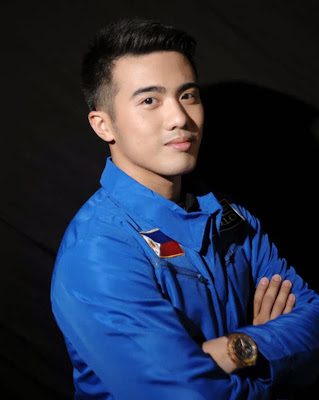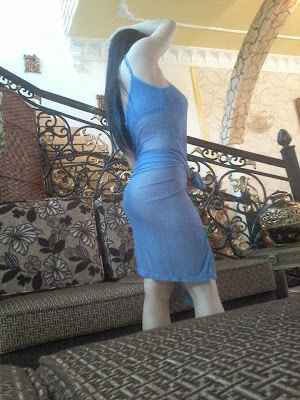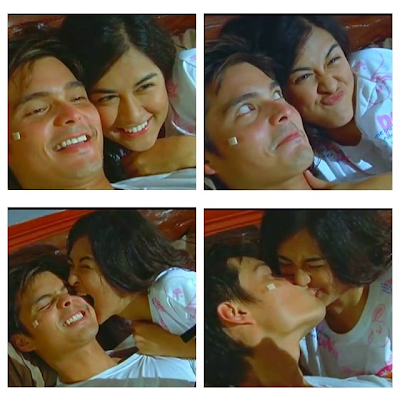
From more than 28,000 aspiring astronauts in the Philippines, down to 400, then 50, and finally down to the top 3, one man has emerged victorious: 22-year-old Chino Roque, the first Filipino to go to space.
“Right now I’m very happy that a lot of people have been showing me their love and support. I feel so blessed and grateful to all of them,” says Chino, who spoke to Rappler through Skype just a few hours after his announcement as winner.
The 22-year-old psychology graduate from De La Salle Manila will be one of 22 individuals who'll travel to space in 2014. But his journey wasn't exactly smooth sailing.
Twist of fate
In the beginning, the fitness coach and psychology graduate wasn’t even supposed to go to space camp. On the final day of challenges in August, two men were left standing: Evan Rey Datuin from Dasmariñas, Cavite and Mario Mendoza Jr. from Taytay, Rizal. Chino placed fifth. A third winner, Ramil Santos, would later join the two through the wildcard challenge.
But when Mendoza, an Air Force lieutenant, volunteered to withdraw from the competition to serve his military duties as a pilot-in-training in the Philippine Air Force, his slot was left open. And after a series of interviews, Chino found himself back in the game.
While he’s elated at the prospect of going to space in 2014, “I’m also sad for my friends Evan (Rey Datuin) and Ramil (Santos) because I feel what they’re going through right now. I know that in any competition, there will be a bit of bad feelings for those who lost. I respect them and the efforts they did to get here a lot.”

Space Camp
This week, the 3 arrived at the famed Kennedy Space Center in Orlando, Florida, for the AXE Apollo Space Academy (AASA) Space Camp. Together with 107 men and women from 60 different countries, they were put through physical tests that simulated launch, orbit and re-entry situations—all for the chance to become one of only 22 astronauts to eventually travel to space.
The tests included zero gravity (parabolic flights to experience total weightlessness), air combat (aerobatic maneuvers on the cockpit of a fighter jet), and G-force (interactive blast off experience). In space camp, participants from all over the world bunkered together in groups called Apollo, Enterprise, Genesis, Discovery, Hubble, and Atlantis. Chino was part of Team Discovery.
What was his favorite challenge? “The fighter jet,” he says. “I’ve always wanted to become a pilot and in this challenge, we rode and got the chance to co-pilot a marchetti plane.”
He explains: “When you co-pilot it, the pilot will give you around 10 minutes to play around and then he’ll take you through the whole course. You go up and then drop down, and then he’ll turn off the engines and you’ll experience zero gravity.”
On re-entry, the jet starts doing loops. And it is at this point that both pilots experience 4Gs, or the equivalent of four times the pull of gravity when on Earth. “It will pull your whole body down, your face down, and make it harder to breathe,” recalls Chino.
“It felt like there were 4 people sitting on your chest. But that was fun actually.”
Despite all the grueling physical challenges, the hardest test, he says, was, ironically, the multiple choice aptitude test. “I think everyone had a hard time with that. It contained physics, space travel, electronics, and other topics. I think I pulled it off with some of my basic knowledge of space travel.”
As the winner of the Philippine contingent, Chino will join 21 others from 60 countries who will travel to space onboard the XCOR Lync space plane in 2014[
source]
















 Boxing fans who want to see Filipino boxing superstar Manny “Pacman” Pacquiao fight nemesis Mexican boxing superstar Juan Manuel Marquez for the fifth time can kiss their dream goodbye for good.
Boxing fans who want to see Filipino boxing superstar Manny “Pacman” Pacquiao fight nemesis Mexican boxing superstar Juan Manuel Marquez for the fifth time can kiss their dream goodbye for good.





























